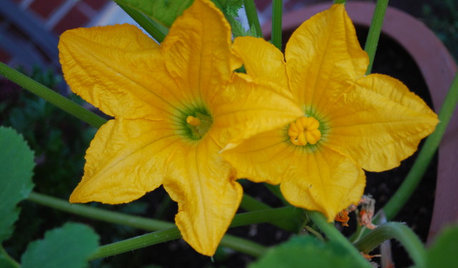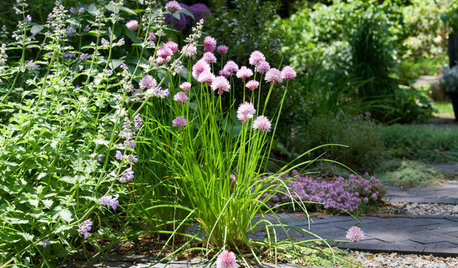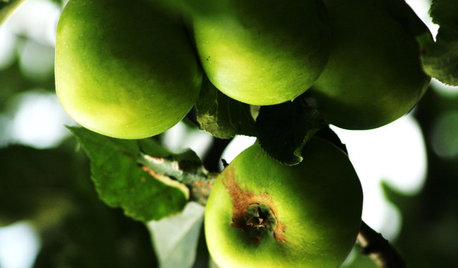Does milk solution work for Powdery Mildew on Squash?
kristimama
15 years ago
Featured Answer
Comments (18)
icyveins
15 years agojustaguy2
15 years agoRelated Professionals
Danbury Landscape Architects & Landscape Designers · Roosevelt Landscape Architects & Landscape Designers · Roxbury Crossing Landscape Architects & Landscape Designers · Concord Landscape Contractors · Galt Landscape Contractors · Mission Viejo Landscape Contractors · Nutley Landscape Contractors · Oxnard Landscape Contractors · Ringwood Landscape Contractors · Whittier Landscape Contractors · Boise Decks, Patios & Outdoor Enclosures · Hot Springs Village Decks, Patios & Outdoor Enclosures · Lebanon Decks, Patios & Outdoor Enclosures · Saint Louis Park Decks, Patios & Outdoor Enclosures · Spokane Decks, Patios & Outdoor Enclosureskristimama
15 years agoicyveins
15 years agoKimmsr
15 years agokristimama
15 years agoarwmommy
15 years agoadirondackgardener
15 years agoKimmsr
15 years agotsugajunkie z5 SE WI ♱
15 years agoadirondackgardener
15 years agoKimmsr
15 years agotsugajunkie z5 SE WI ♱
15 years agoadirondackgardener
15 years agoembarnet
15 years agoKimmsr
15 years agotsugajunkie z5 SE WI ♱
15 years ago
Related Stories

EDIBLE GARDENSSummer Crops: How to Grow Squash
Almost foolproof and with cheerful flowers, squash comes in a wide range of varieties to plant in spring
Full Story
FUN HOUZZ10 Truly Irritating Things Your Partner Does in the Kitchen
Dirty dishes, food scraps in the sink — will the madness ever stop?
Full Story
HOUSEKEEPINGHow to Clean Marble Countertops and Tile
Acidic solutions can damage your marble surfaces. Here’s how to keep marble looking clean and amazing
Full Story
GARDENING GUIDESGreat Design Plant: Rosa Banksiae a Low-Maintenance Beauty
This thornless, disease- and insect-resistant rose brings showers of white or yellow flowers to the spring garden
Full Story
EDIBLE GARDENS8 Surefire Vegetables and Herbs for Beginning Gardeners
Learn the edible plants that are popular and easy to grow in a backyard or container garden
Full Story
GARDENING AND LANDSCAPINGShade Sails: Outdoor Rooms Take Wing
Futuristic looking yet a terrific complement to both traditional and modern landscapes, shade sails lend a sculptural quality to patios
Full Story
SIDE YARD IDEASNarrow Trees for Tight Garden Spaces
Boost interest in a side yard or another space-challenged area with the fragrance and color of these columnar trees
Full Story
LIFEIs Cabin Fever Real? Share Your Story
Are snow piles across the U.S. leading to masses of irritability and boredom? We want to hear your experience
Full Story
GREEN BUILDINGThe Big Freeze: Inventors Break New Ground to Keep Things Cool
Old-fashioned fridges can be energy guzzlers, but there are more eco-friendly ways of keeping food fresh, as these global innovations show
Full Story
EDIBLE GARDENSHow to Add an Apple Tree to Your Edible Garden
Readily available, beautiful and fragrant, apple trees offer four-season interest along with crisp, juicy fruit
Full StoryMore Discussions







dicot